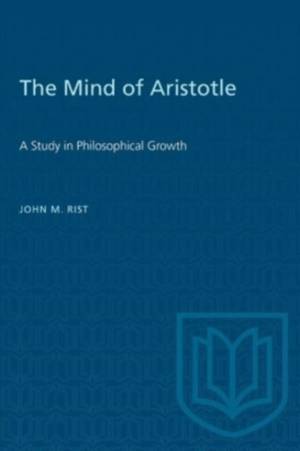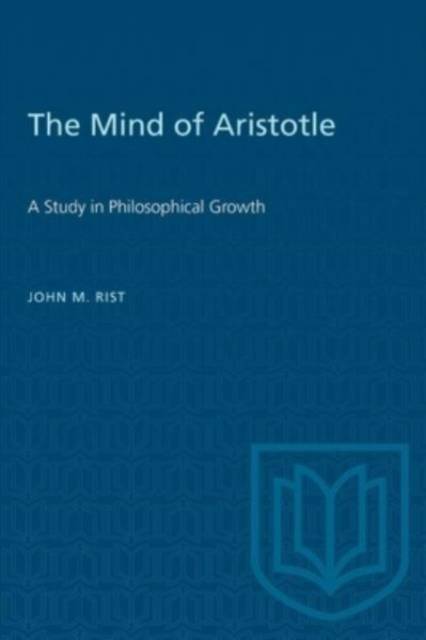
- Afhalen na 1 uur in een winkel met voorraad
- Gratis thuislevering in België vanaf € 30
- Ruim aanbod met 7 miljoen producten
- Afhalen na 1 uur in een winkel met voorraad
- Gratis thuislevering in België vanaf € 30
- Ruim aanbod met 7 miljoen producten
Omschrijving
Until the nineteenth century it was common to assume that philosophers said more or less the same things throughout their lives. Such an attitude led their successors to turn their thoughts into harmonious systems which, though often of great philosophical interest, failed to reflect the detailed richness of a philosopher's thought at any specific period in his life. In more recent times the study of a philosopher's growth has often provided a greater understanding of what puzzled him, what problems he was trying to solve, and why he attempted to solve them the way he did.
For Aristotle such an approach has led to many advances in our knowledge, but conflicting 'readings' have led to confusion and a tendency to revert to more systematic treatments. In an effort to confront this situation John Rist attempts to chart Aristotle's philosophical progress, using the techniques of both philology and philosophical analysis. His aim is to see where Aristotle came from philosophically and what impelled him to develop his ideas in particular directions.
The first chapter is an overall account of Aristotle's philosophical activities as his life progressed; the remaining sections discuss in detail the development of such key themes as the possibility of metaphysics, activity and potentiality, categories, mind, substance, God, human nature and happiness, and the nature of society, including the proper role for women and the phenomenon of slavery.
Specificaties
Betrokkenen
- Auteur(s):
- Uitgeverij:
Inhoud
- Aantal bladzijden:
- 384
- Taal:
- Engels
- Reeks:
Eigenschappen
- Productcode (EAN):
- 9781487585143
- Verschijningsdatum:
- 15/12/1989
- Uitvoering:
- Paperback
- Formaat:
- Trade paperback (VS)
- Afmetingen:
- 156 mm x 234 mm
- Gewicht:
- 530 g

Alleen bij Standaard Boekhandel
Beoordelingen
We publiceren alleen reviews die voldoen aan de voorwaarden voor reviews. Bekijk onze voorwaarden voor reviews.









